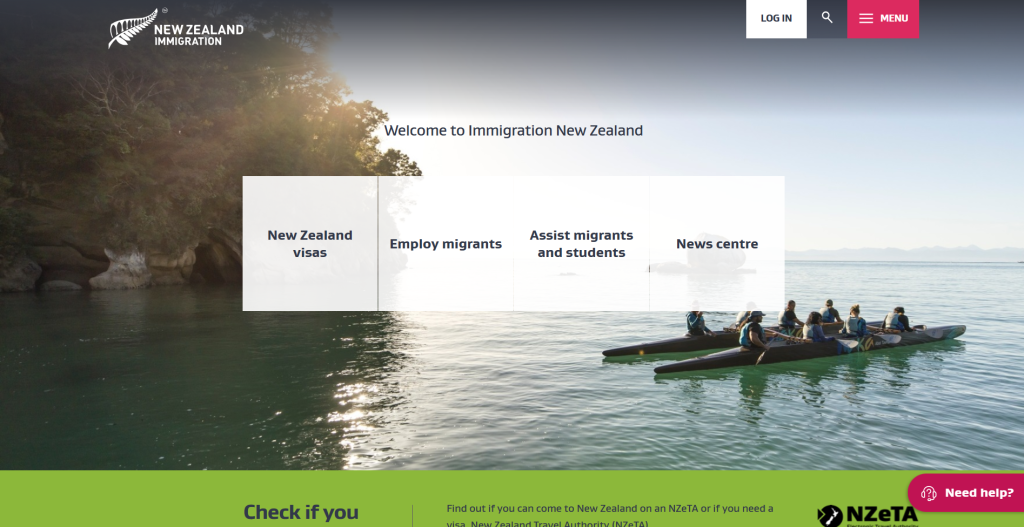
Complete Guide to Studying in New Zealand: From University Selection to Visa Application
New Zealand is an increasingly popular destination for international students due to its high-quality education system, welcoming environment, and stunning landscapes. This guide provides a step-by-step overview of the study abroad application process, from selecting a university to obtaining a student visa.

1. Choosing a University and Program
New Zealand has eight major universities, all of which are globally recognized:
- University of Auckland – https://www.auckland.ac.nz
- University of Otago – https://www.otago.ac.nz
- Victoria University of Wellington – https://www.wgtn.ac.nz
- University of Canterbury – https://www.canterbury.ac.nz
- Massey University – https://www.massey.ac.nz
- University of Waikato – https://www.waikato.ac.nz
- Lincoln University – https://www.lincoln.ac.nz
- Auckland University of Technology (AUT) – https://www.aut.ac.nz
Each university offers a range of undergraduate and postgraduate programs. Before applying, research the program structure, tuition fees, and entry requirements.
2. Admission Requirements
Undergraduate Programs:
- Academic Requirements: A high school diploma equivalent to New Zealand’s NCEA Level 3, IB Diploma, or A-Levels.
- English Proficiency: IELTS (minimum 6.0-6.5) or TOEFL (minimum 80-90) is required.
- Other Documents: Academic transcripts, recommendation letters, and a personal statement.
Postgraduate Programs:
- Bachelor’s Degree: A recognized undergraduate degree in a relevant field.
- GPA Requirement: Typically, a minimum GPA of 2.7-3.0 on a 4.0 scale.
- English Proficiency: Higher IELTS/TOEFL scores may be required for research-based programs.
- Work Experience: Some MBA or professional programs may require work experience.
3. Application Process
Step 1: Choose a Program and University
Review different universities and programs based on your academic background and career goals.
Step 2: Prepare Required Documents
- Academic transcripts
- English proficiency test scores
- Statement of purpose (SOP)
- Letters of recommendation (if required)
Step 3: Submit Your Application
Most universities accept online applications through their official websites. Application deadlines vary, but most universities have two main intakes:
- Semester 1 (February/March) – Apply by October-November of the previous year.
- Semester 2 (July) – Apply by April-May of the same year.
Step 4: Receive an Offer Letter
If accepted, you will receive either a conditional or unconditional offer letter. You may need to submit additional documents to meet the conditions.
4. Applying for a Student Visa
Once you receive an offer, you must apply for a Student Visa through Immigration New Zealand (https://www.immigration.govt.nz). The required documents include:
- Confirmation of enrollment (offer letter)
- Proof of sufficient funds (at least NZD 20,000 per year)
- Medical and police clearance certificates
- Proof of accommodation arrangements
- Travel insurance
The visa processing time is typically 4-6 weeks, so apply early.
5. Preparing for Arrival in New Zealand
- Book Accommodation: University dormitories, homestays, or private rentals.
- Health Insurance: Required for all international students.
- Open a Bank Account: Most banks offer student accounts with special benefits.
- Understand Work Rights: Student visa holders can work up to 20 hours per week during studies and full-time during holidays.

New Zealand offers an excellent study environment with strong academic support and career opportunities. By carefully following these steps, you can successfully start your study journey in this beautiful country.







